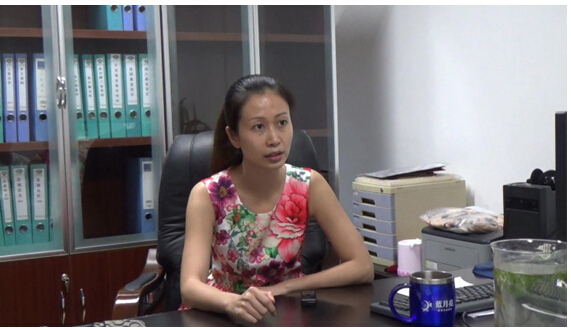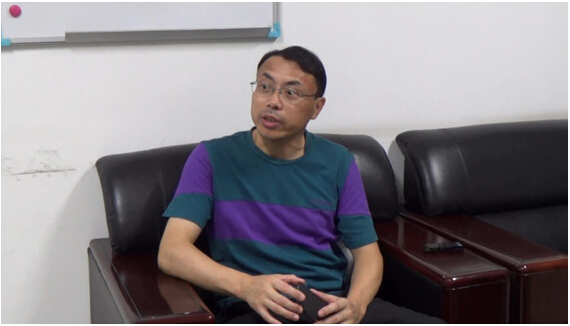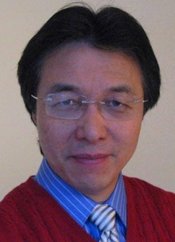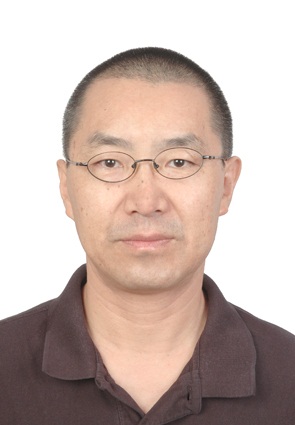Team:SUSTC-Shenzhen/Human Practice/Consultation
From 2014.igem.org
Consultation
Shenzhen Nanshan Center for Disease Control and Prevention
While we were endeavoring to complete our project and devoting every minute to lab work, we didn’t forget to go out of the campus to communicate with people who are much more experienced in dealing with this disease.
We went to Shenzhen Nanshan Center for Disease Control and Prevention on 4th September. Firstly we met the chief of Department of AIDS Prevention and Cure, Yi Yan. She gave us a warm welcome. Our talk lasted about one hour. She was familiar with PLHIV and she worked in this area for over 10 years. She showed great concern to the gene therapy methods. And she guessed that most people would prefer traditional therapy because the medicine today could suppress the virus sufficiently and gave PLHIV a relatively stable life as long as they took medicine regularly. This promoted us to design a survey including this question. The results surprised us all that over 80% respondents preferred high-risk gene therapy to get rid of HIV. Then we met the chief of Department of Microorganism and Virus Detection, Muhua Yu. He told us that there is a National Guideline for Detection of HIV/AIDS that regulate all the HIV/AIDS detection in china. And he praised our project as a ‘very valuable research’.


Suggestions from Professors

| Bao-Ting Zhu, leading professor in SUSTC. He said it’s amazing that we could come up with the idea independently and do it by ourselves. He also suggested that it’s important if we could combine the gene therapy with traditional medicine therapy. |

| Yonglong Chen, associated professor in SUSTC. He gave us a lot of information about embryo development, especially embryo development. He thought it was hard to get enough hematopoietic stem cells from adult body and its very mature to do genome editing in embryonic stem cells. |
 "
"